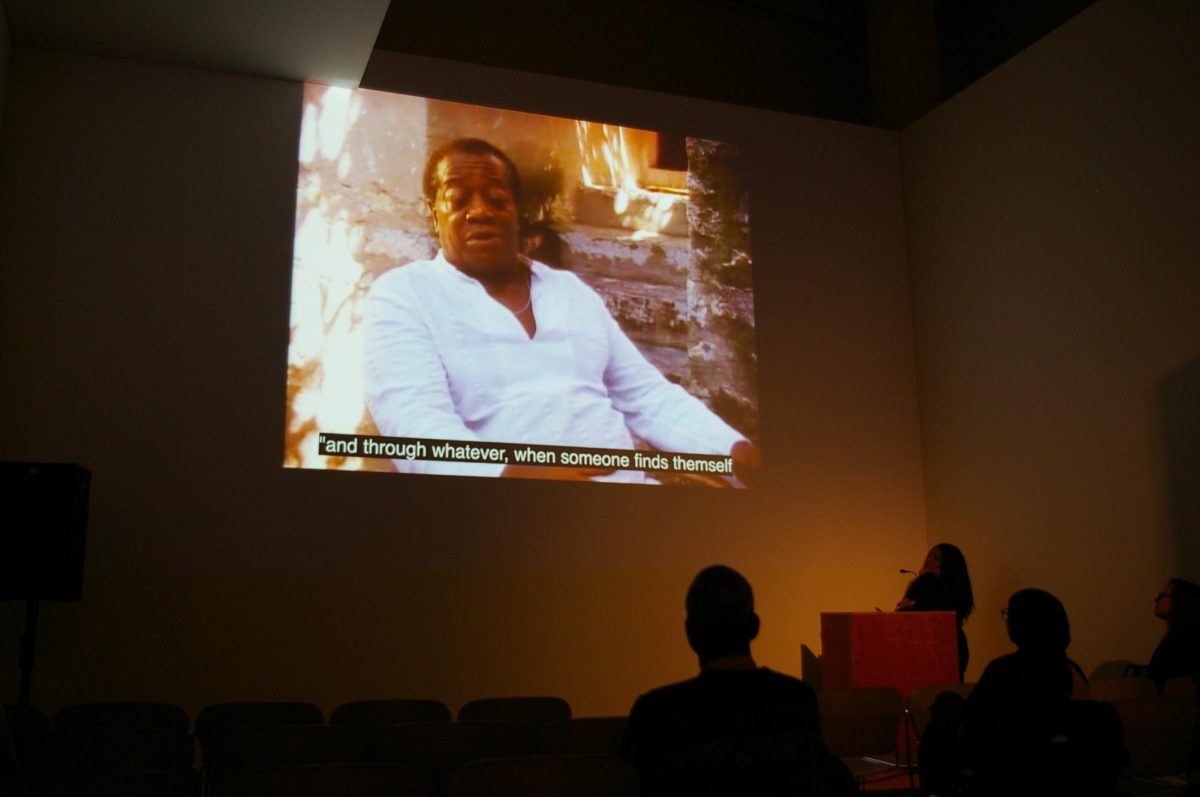Massive rallies juxtaposed against smokestacks churning dark pollution into the air is the usual visual formula for a climate change documentary.
However, “This Changes Everything,” which premieres in Minneapolis this week, is more promising than the average documentary — the book it’s based on is an anomaly in the modern environmental literature movement.
“I really liked the book,” said Julia Carpenter, member of Fossil Free Minnesota and a fifth-year global studies major. “I thought it was well-written, provocative, energizing and radical, which is what I think the environmental movement needs. I’m curious to see what is prioritized [in the film]. … Not everyone can take the time to pick a book apart, so film creates broader access to the information.”
Naomi Klein’s book of the same title is a refreshing take on climate change because she doesn’t dwell on proving it exists.
“I am not asking anyone to take my word on the science,” Klein wrote. “I think that all of us should take the word of the 97 percent of climate scientists and their countless peer-reviewed articles, not to mention the establishment of institutions like the World Bank and the International Energy Agency, all of which are telling us we are headed toward catastrophic levels of warming.”
The book then becomes more of a critique of the reactions to climate change. Though Klein’s opinions and position on the political spectrum are easy to assume, she manages to criticize the left and right equally.
The book begins by focusing on the marginalized, radical right, which not only doesn’t believe in climate change but actively works against it. Klein discusses this with a tone of mild annoyance but argues that at least they understand the extremity of the repercussions of climate change.
“I think these hardcore ideologues understand the real significance of climate change better than most of the ‘warmists’ in the political center, the ones who are still insisting that the response can be gradual and painless.” Klein wrote. “The deniers get plenty of the details wrong … but when it comes to the scope and the depth of change required to avert catastrophe, they are right on the money.”
She’s much more relentless when criticizing the moderate and left reactions to climate change. In a more aggravated and unapologetic tone, she points out the flaws behind working within the current framework and that if it is painless, it’s most likely not enough.
Her most interesting critique is of the quick fix schemes posited by “Big Green” think tanks, which seem to say that humans can outsmart science. Klein describes in detail her attendance of a three-day retreat on geoengineering, put on by the British Royal Society. People presented plans that covered everything from “fertilizing” oceans with iron to pull carbon out of the air, to covering deserts in white to reflect sunlight back into space.
Klein was most concerned about Solar Radiation Management or “sun-dimming.” Her chapter-long analysis of what it would mean to cloud the atmosphere with more gunk in order to block sunlight is one of the best parts of the book.
The text isn’t just 466 pages of complaints. Klein highlights the most viable solutions to climate change and their implications. In all, she argues that radical change is required and turns to “de-growth” as the solution.
The book’s biggest flaw is Klein’s tendency to become apologetic when arguing what should be done. Throughout her critiques, she’s no-nonsense, but once she comes to conclusions about what will work, she glazes the information with a tone of “it’s so hard it’s almost impossible.” The solutions are much less motivating than one would hope.
When Klein is motivating, it’s in a pessimistic, but oddly effective way. At one point, she argues that one of the biggest obstacles in the climate crisis is that people can feel marginalized as “nothing but selfish, greedy, self-gratification machines,” which promotes a feeling of apathy or hopelessness. She goes onto write, “This, without a doubt, is neoliberalism’s single most damaging legacy: The realization of its bleak vision has isolated us enough from one another that it became possible to convince us that we are not just incapable of self-preservation but fundamentally not worth saving.”
When put that way, it’s hard not to see the asinine nature of apathy in the climate debate.
















